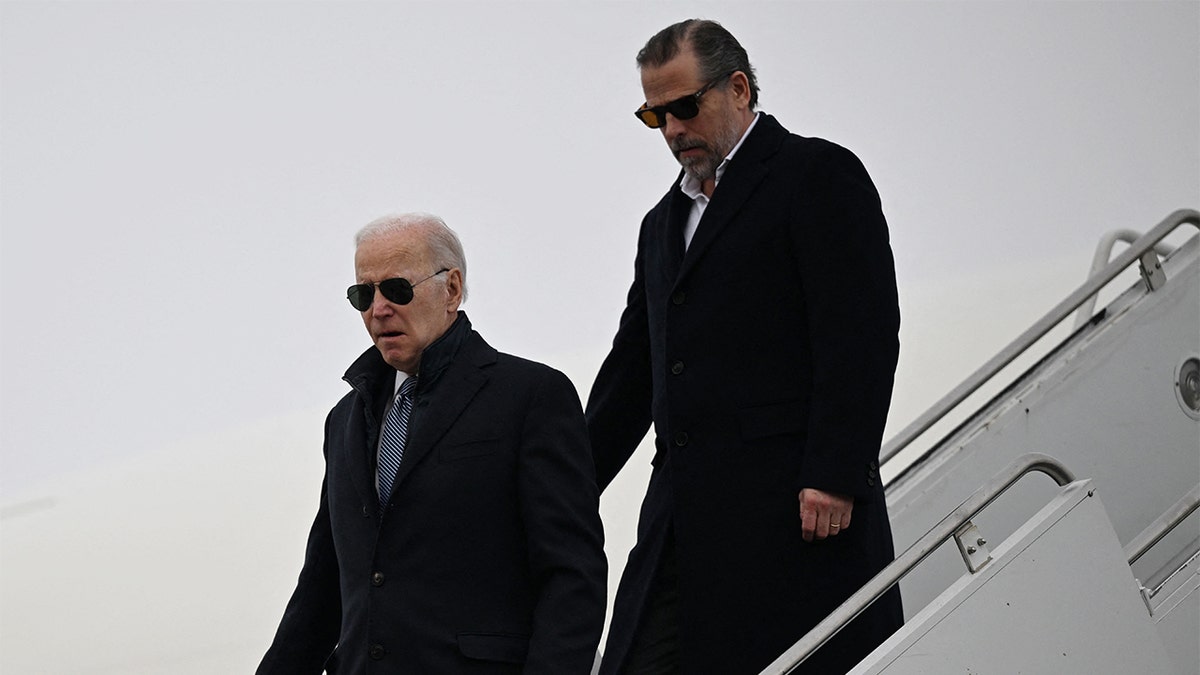President Biden's decision to pardon his son, Hunter, has ignited a firestorm of criticism, raising concerns about potential misuse by political figures and the erosion of the judiciary's role in checking executive power. The pardon, announced Monday, covers a sweeping period from January 2014 to June 2024, encompassing Hunter Biden's convictions on federal firearm and tax evasion charges, as well as potentially shielding him from accountability for other actions during that timeframe.
Biden defended the pardon, claiming Hunter was unfairly targeted due to his family ties. However, legal experts are less surprised by the familial connection than by the sheer breadth of the pardon. Former federal prosecutor Trey Gowdy noted the pardon's scope covers nearly all federal statutes of limitations for the specified period, effectively preventing future charges related to actions within that timeframe.

President Biden and Hunter Biden (Andrew Caballero-Reynolds/AFP via Getty Images)
The move contradicts Biden's previous assurances that he would respect the jury's decision and not intervene in Hunter's legal battles. White House officials maintain that Biden still upholds the principle of no one being above the law, emphasizing the pardon's legality and appropriateness given the circumstances. Legal scholar Jonathan Turley acknowledged the president's constitutional right to pardon, even himself, but questioned the ethics of the decision, calling it "disgraceful." He highlighted the stark contrast between Biden's portrayal of Hunter as a victim and Hunter's perceived sense of immunity and influence.

Hunter Biden and his wife, Melissa Cohen Biden (Ryan Collerd/AFP via Getty Images)
Critics worry this pardon could further erode public trust in the Justice Department, lending weight to claims of political weaponization. GOP strategist Ryan Williams argued that Biden's action inadvertently supports Trump's assertions of a politicized DOJ. Gowdy called for significant reforms to the Justice Department and FBI, urging a return to focusing on facts rather than political targets.

Hunter Biden (Kent Nishimura/Getty Images)
Special Counsel David Weiss, who prosecuted Hunter Biden, defended the investigations against claims of political bias. While some argue Hunter wouldn't have faced charges if not for his father's position, Gowdy, despite agreeing with this sentiment regarding the gun charge, maintained that the tax and corruption allegations warranted prosecution. He emphasized the need for a depoliticized justice system.
Comments(0)
Top Comments